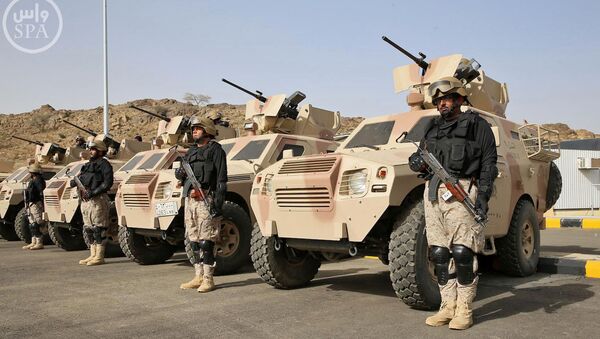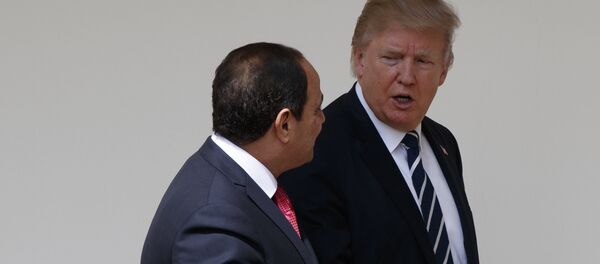"This project, if carried out, would lead to confusion since some forces would be targeted against the others. Libya is a fine example. Libya is a 100 percent Sunni country. All warring factions in Libya are Sunnis. Egypt and the United Arab Emirates provide support to some of these militias, while Bahrain and Saudi Arabia assist other forces. Turkey and Qatar back the third group, with Italy supporting the rest. My guess is that this plan is going to fail, taking into account my 40 years of experience covering Muslim nations, including the Arab world," he said.
The new coalition, if created, is expected to adopt a collective response clause, mimicking NATO's Article 5. The bloc would also share intelligence with Israel. However, neither Washington, nor Tel Aviv would become its formal members.
President Trump also floated this idea last week during his visit to Saudi Arabia. While in Riyadh, he urged Muslim leaders to create "a coalition of nations who share the aim of stamping out extremism and providing our children a hopeful future."
Mahalli described Trump's visit to Saudi Arabia as a "victory" for the oil kingdom.
"It is hard to say what Trump achieved by signing a $110 billion arms deal with the Saudis," he said. "During the election campaign Trump promised to tackle unemployment. Is he planning to do that by establishing weapon production facilities here? Such activities on the part of the US administration are quite controversial. It remains to be seen how the US would benefit from this, but it is undoubtedly in the interests of Saudi Arabia."
Never miss a story again — sign up to our Telegram channel and we'll keep you up to speed!




